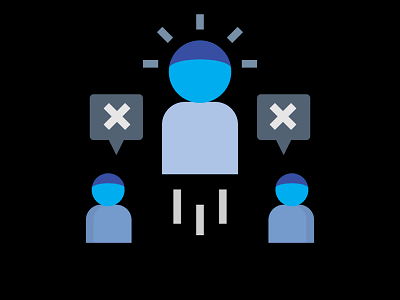Cover image: ©UNDSS
Managing Conflict Effectively in the UN Workplace is an online course about workplace conflict and the common sources of conflict. This programme has been designed and written by conflict management specialists from the Office of the Ombudsman for United Nations Funds and Programmes, which provides services for fives organizations.
To receive the programme certificate, you will need to complete all the modules and mastery exercises in the CORE COURSE.
Learning objectives
You will learn about the three elements that have a large impact on the dynamics of workplace conflict and additionally you will learn about the values of the United Nations in resolving workplace conflict and the cost of ineffective conflict management.
Audience
This course is suitable for all staff.
Length
It should take you about 2 hours to complete the CORE course.
Structure
This programme consists of four parts - an introduction, two courses, and additional questions:
1. A brief INTRODUCTION module.
2. The CORE COURSE includes 5 modules:
- Module 1 - introduces the topic of workplace conflict in the United Nations and the nature and causes of it;
- Module 2 - explains the common triggers of conflict and the measures to manage them;
- Module 3 - discusses a collaborative approach to manage conflict and the role of a bystander in resolving conflict;
- Module 4 - describes the services of the Office of the Ombudsman and how to seek help from the Ombudsman; and
- Module 5 - contains a mastery exercise for you to practice your skills based on a realistic scenario.
3. The SUPPLEMENTARY COURSE is optional and provides additional information about conflict management in the UN workplace. It contains three modules:
- Module 1 - gives you a glimpse into the role of managers in managing conflicts;
- Module 2 - describes the key documents that govern work ethics in the United Nations and sets forth the principles for managing conflict in the workplace; and
- Module 3 - gives an overview of group conflict and how the Ombudsman resolves complaints from groups.
4. There is also a SET OF ADDITIONAL QUESTIONS at the end of the programme, which contains questions relating to both the core and the supplementary courses.
Contact details
Please contact ombudsmediation@fpombudsman.org for questions or comments.
